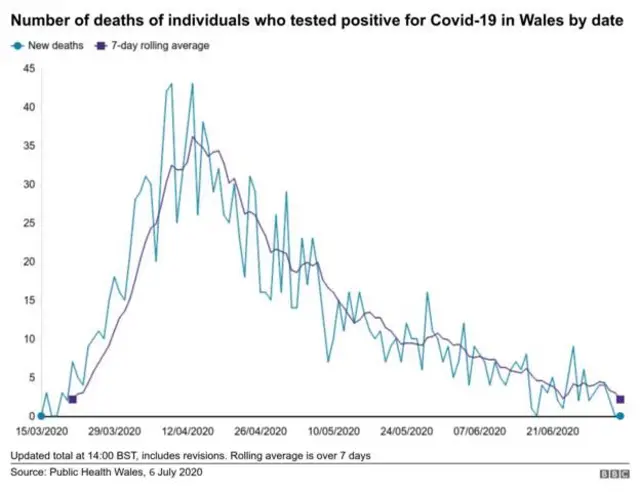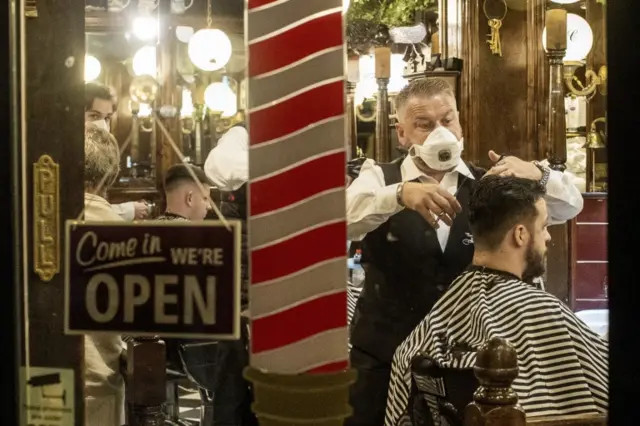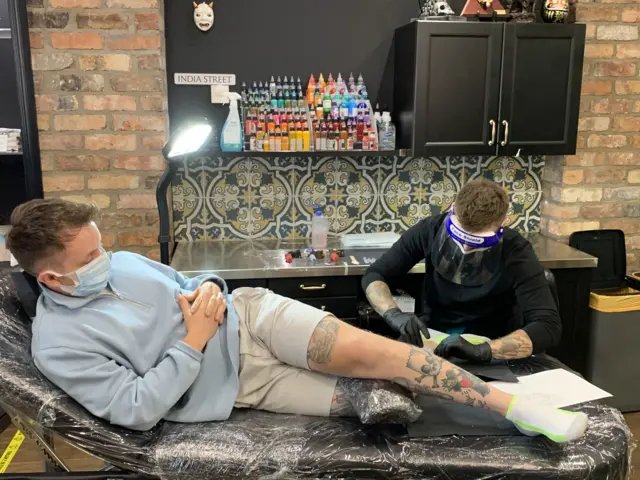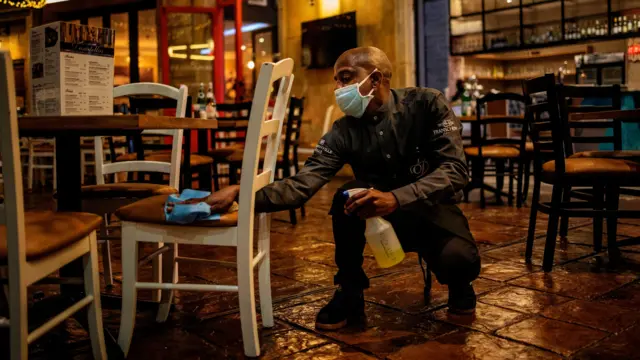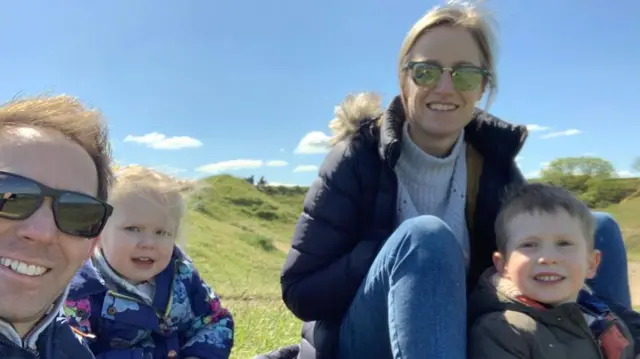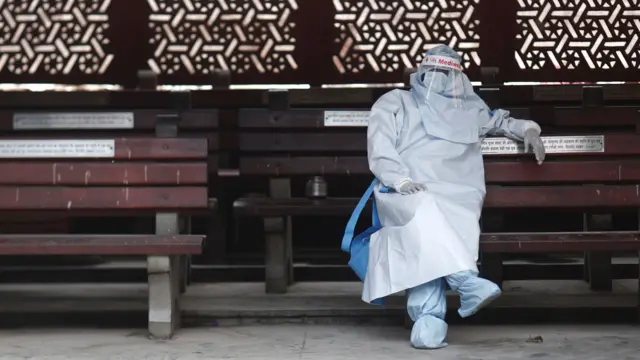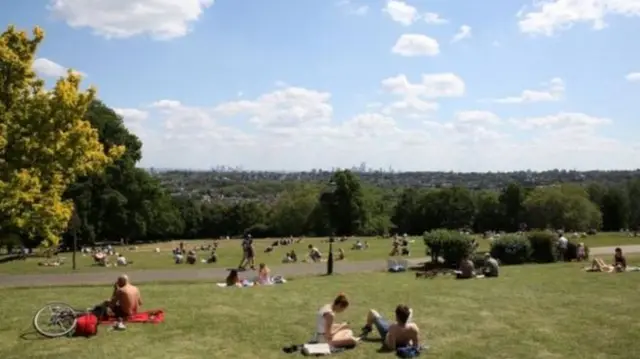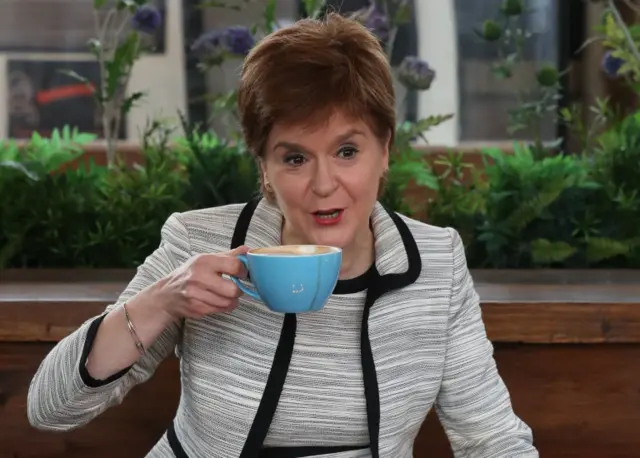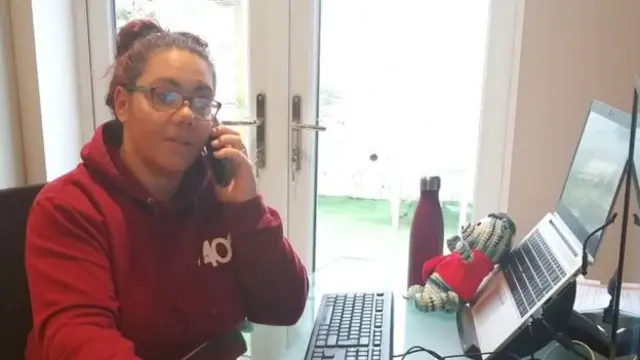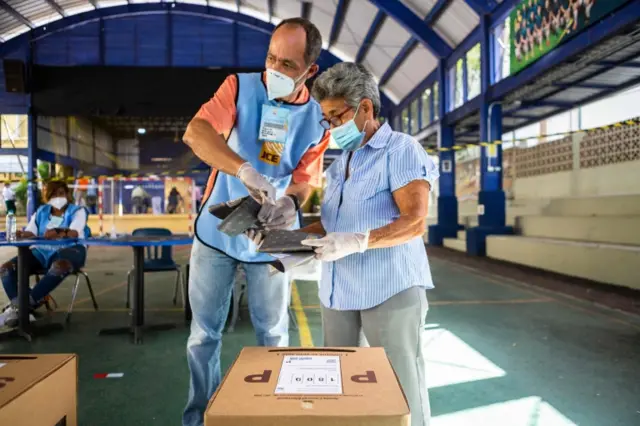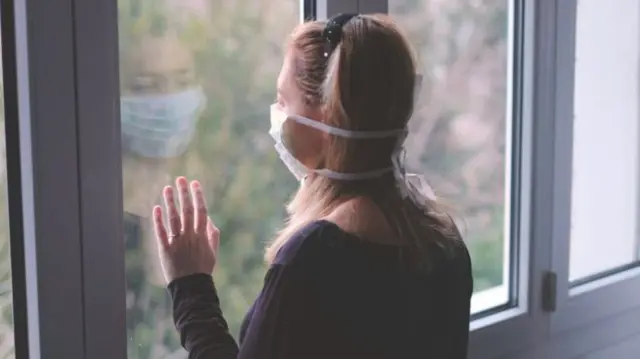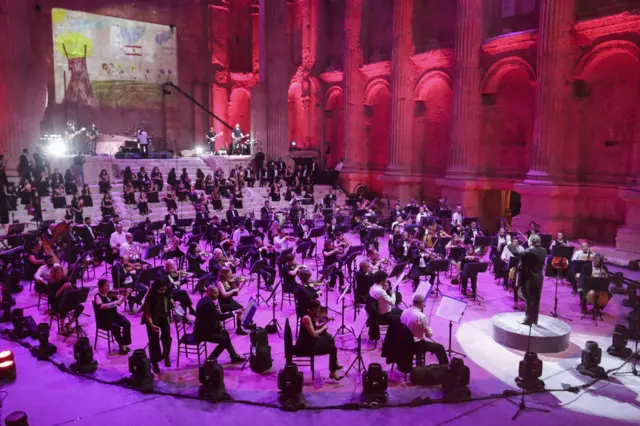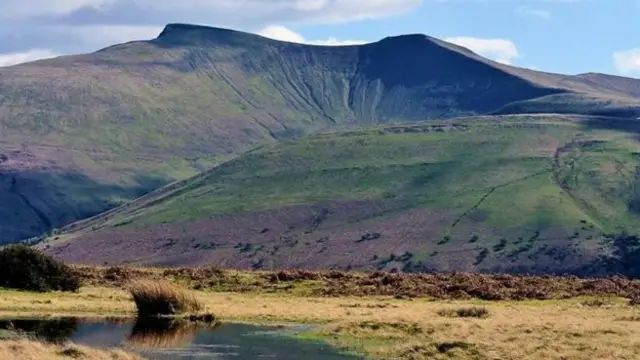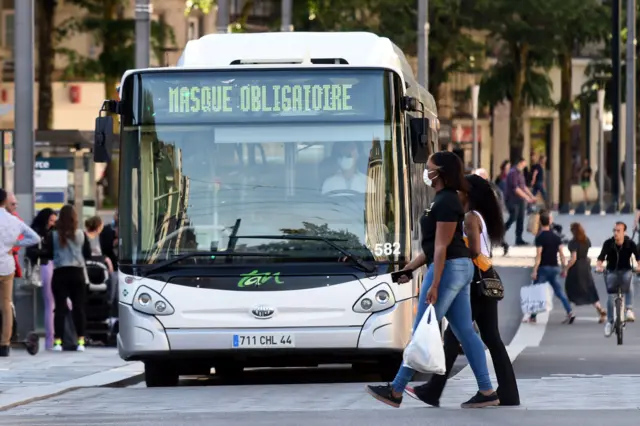Israel reimposes restrictions after cases risepublished at 15:35 BST 6 July 2020
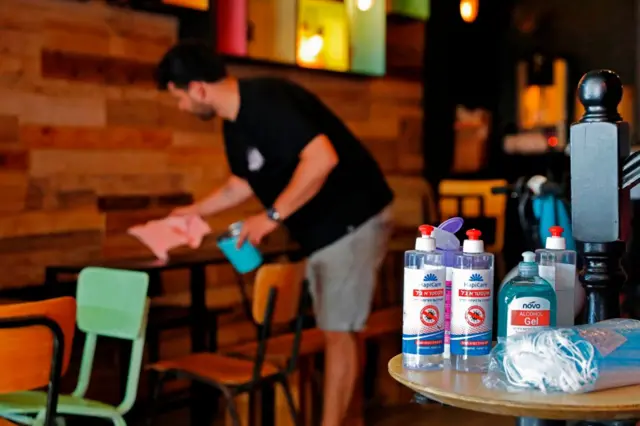 Image source, Getty Images
Image source, Getty ImagesBars have been ordered to close once again as part of the latest measures
Israel has reimposed lockdown restrictions as the country works to contain a major spike in infections.
Bars, night clubs, gyms and public halls will all be closed from Monday. The number of people allowed in synagogues and restaurants will also be restricted.
The average daily rate of infections has risen sharply from double figures in May to around 1,000.
"The pandemic is spreading - that's as clear as day," Prime Minister Benjamin Netanyahu said. "It is dragging with it... a trail of critically ill patients."
He added that Israel had to reverse course before a full nationwide lockdown was necessary.
